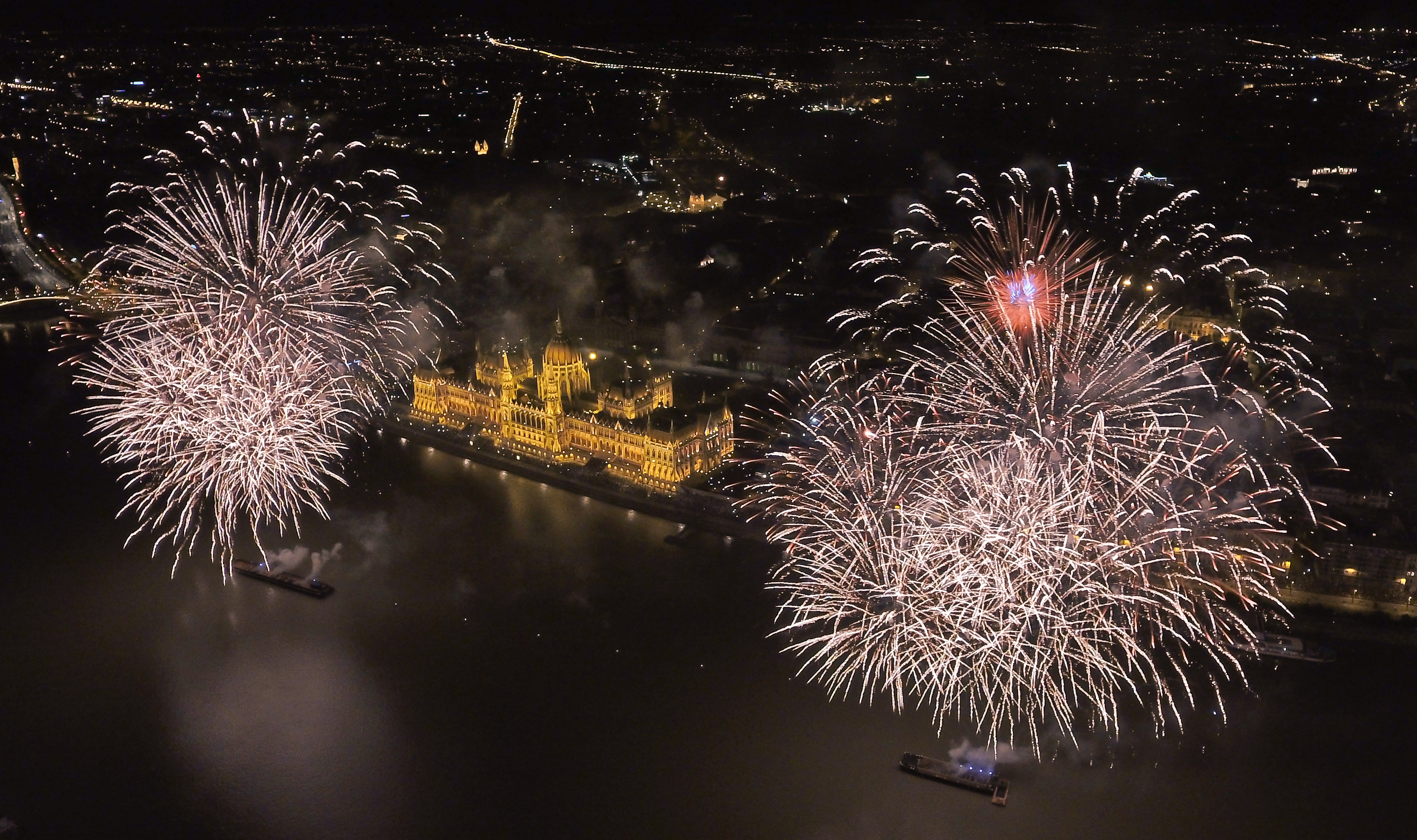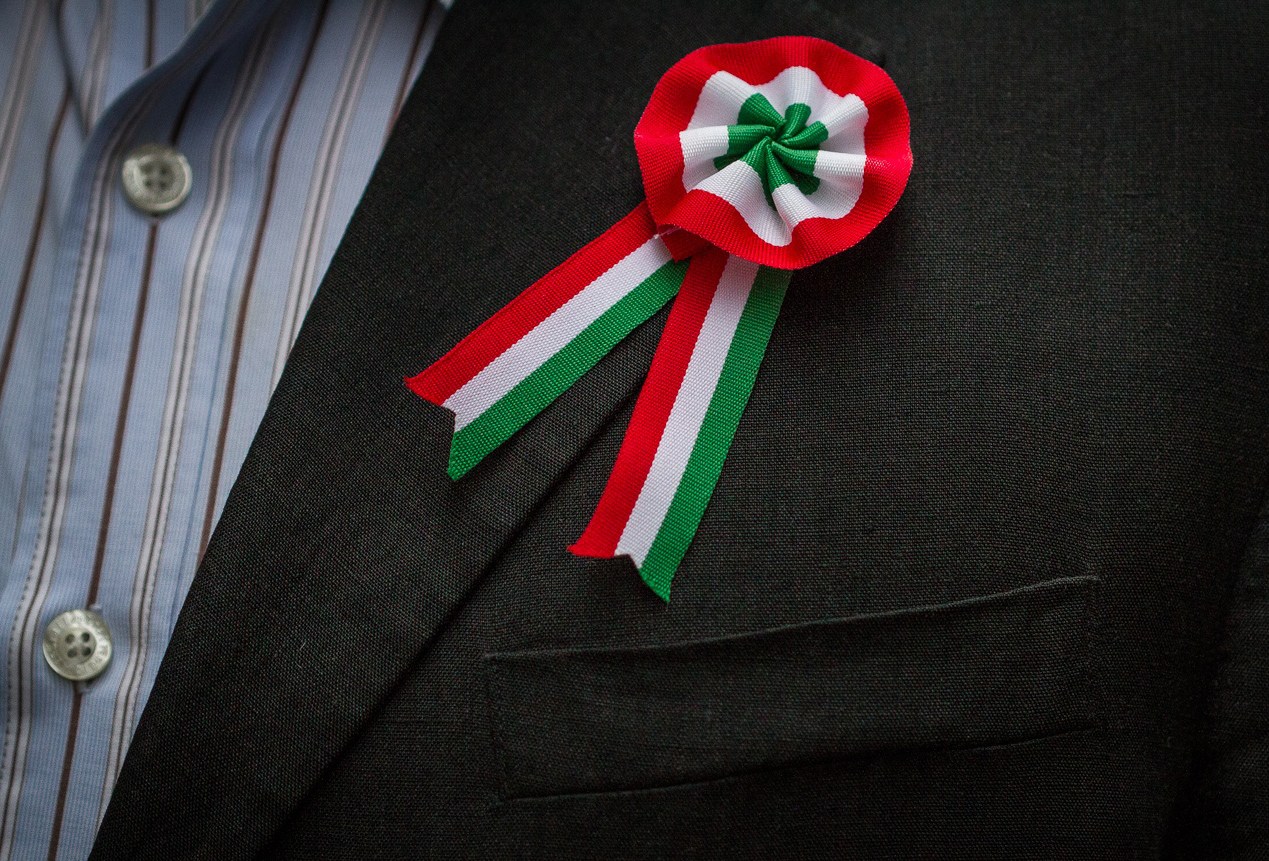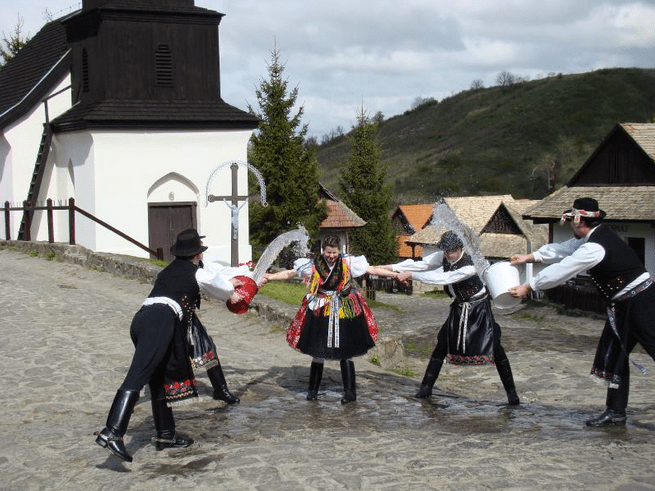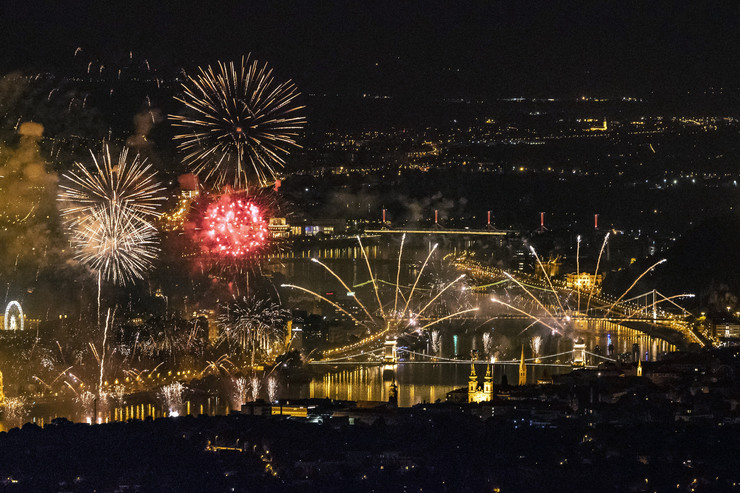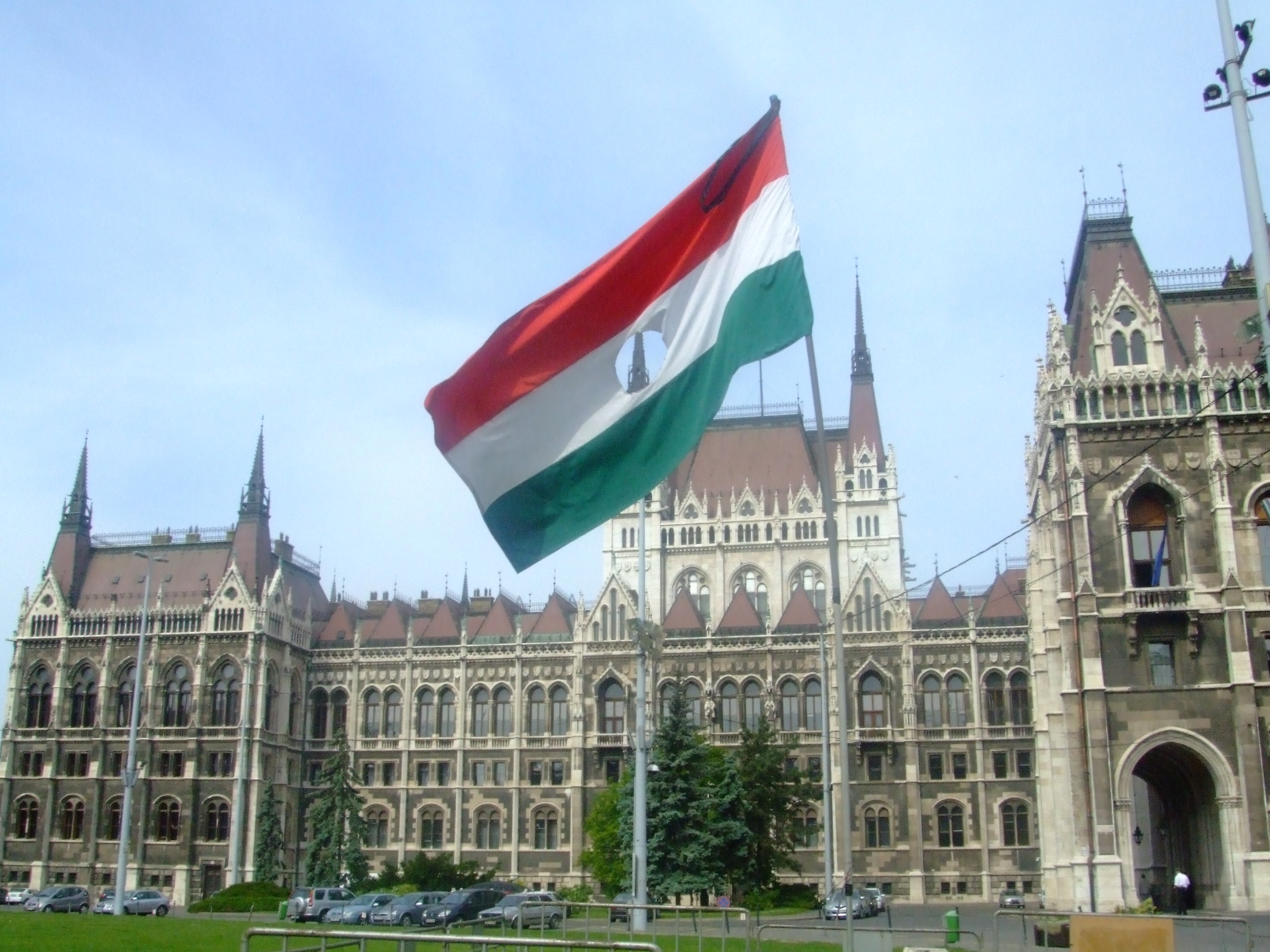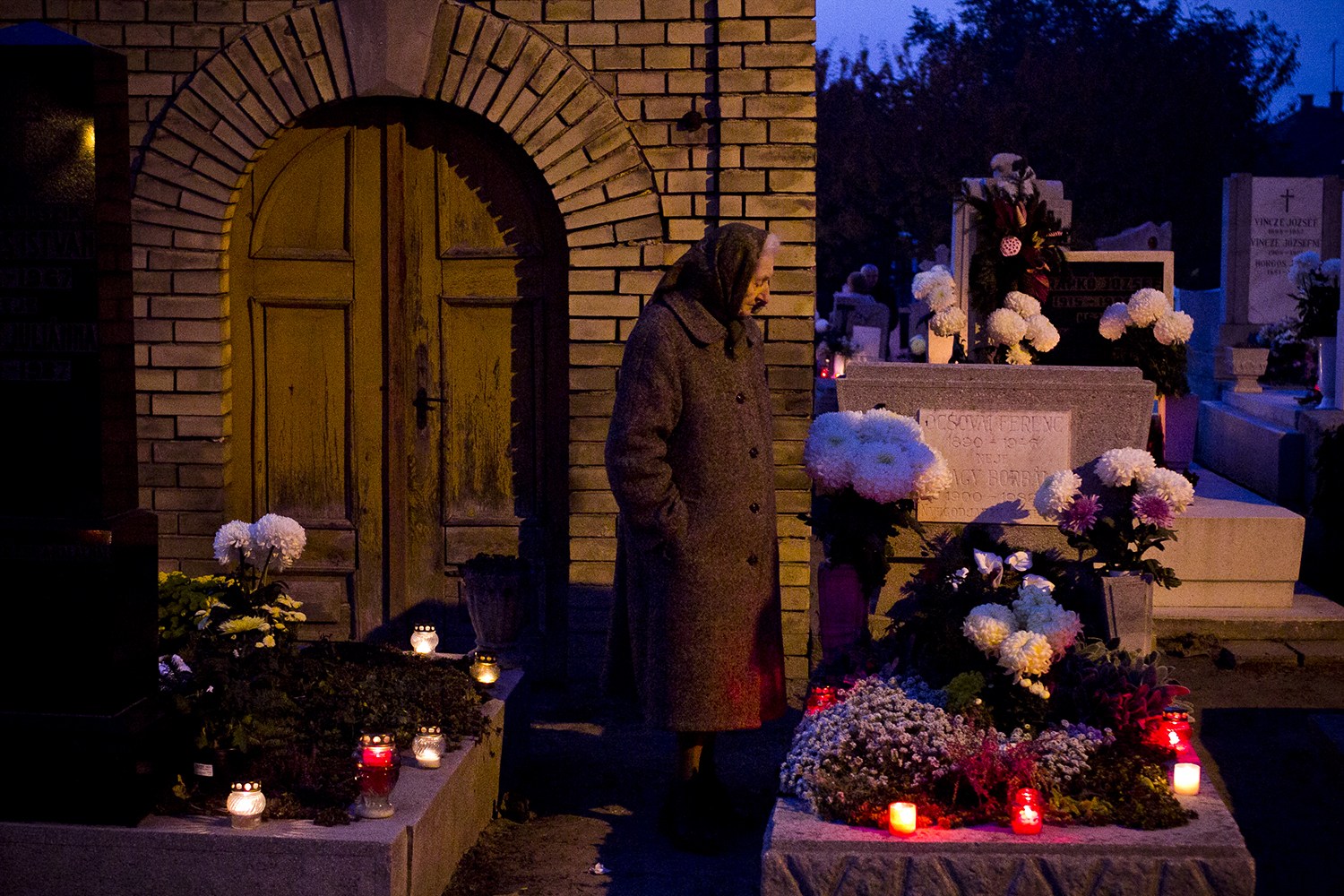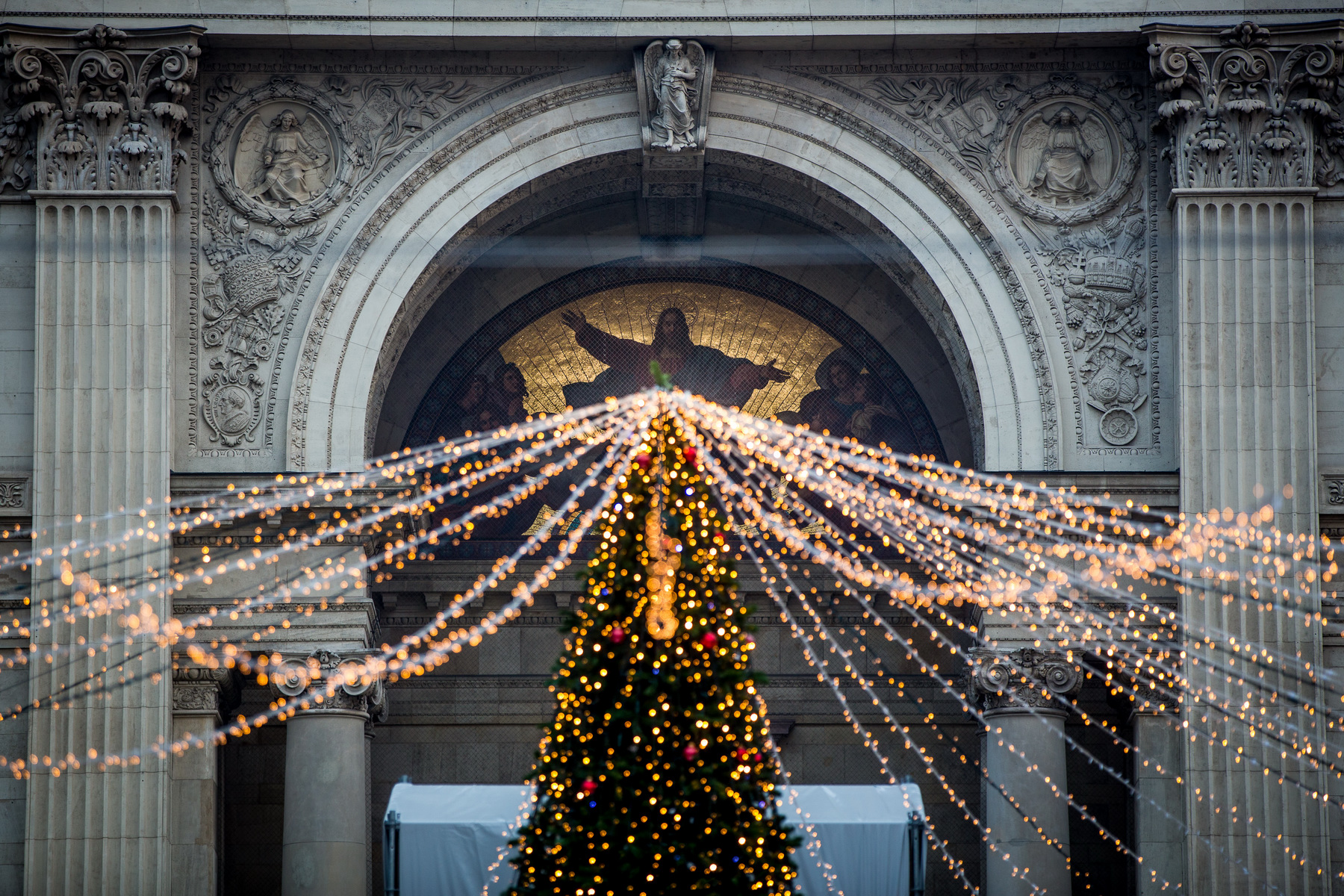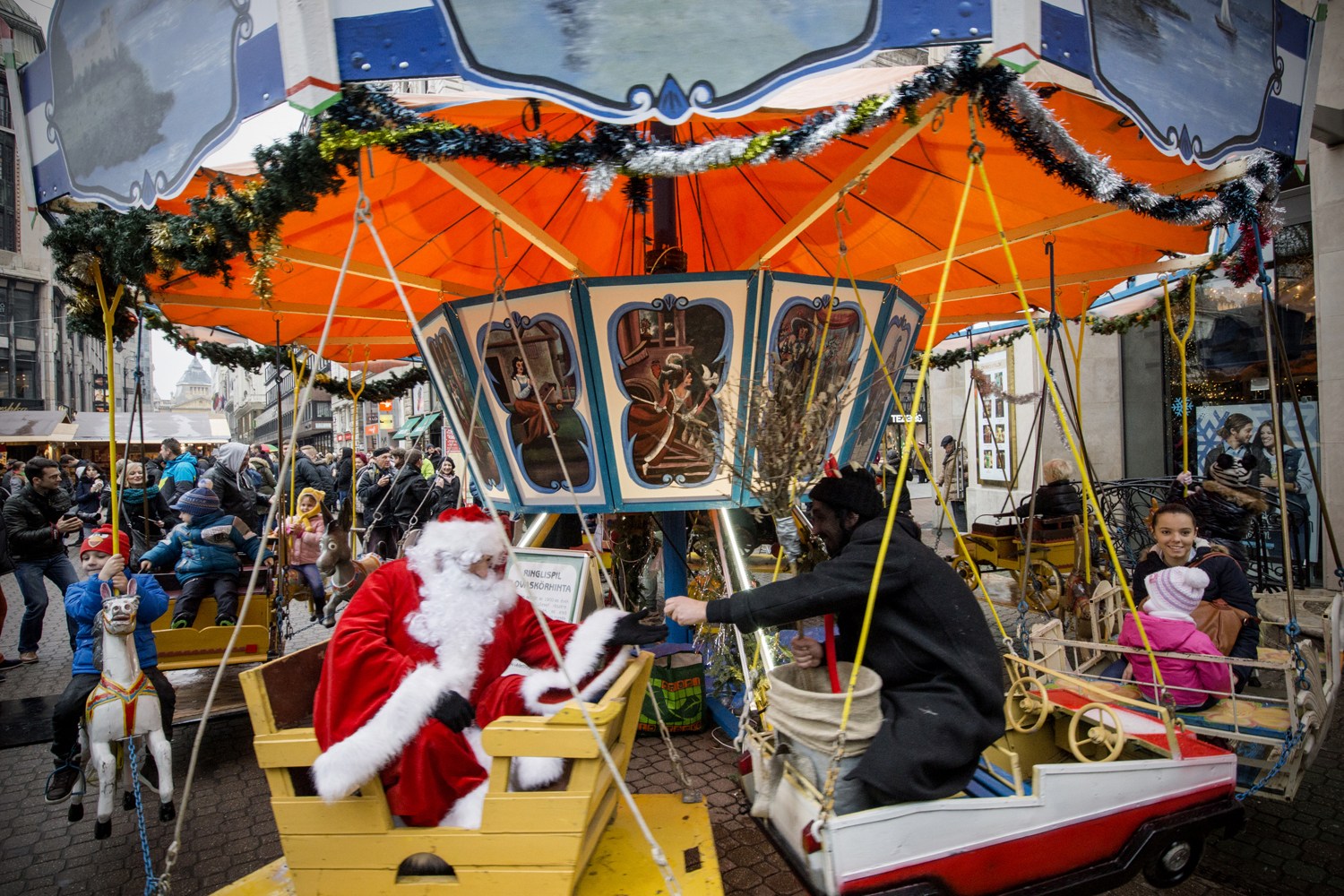2/11
1 January
Similarly to most places in the world, 1 January is a public holiday in Hungary. When not recovering from the night before, Hungarians eat lentil soup or stew on this day for wealth and good fortune in the new year. Most shops and services do not operate on this day.
3/11
15 March
15 March is the memorial day of the 1848 Revolution when Hungary proclaimed its independence from Austria. Although the uprising wasn’t successful, it paved the way towards establishing the Austro-Hungarian Compromise of 1867 that granted Hungary partial autonomy. Every 15 March, speeches and commemorations are held nationwide, and Hungarians wear red-white-green cockades above their hearts. In Budapest, visits to Parliament and many major museums are free, as is the family-friendly entertainment on offer around Buda Castle. Most shops and services do not operate on this day. For more details about the revolution, read our article.
4/11
Easter
Easter Sunday and Monday have long been public holidays in Hungary – Good Friday was only added in 2017. For 2019, the long Easter weekend falls between 19 and 22 April. But while Easter is always a moveable feast, its customs here are age-old. The obscure tradition of locsolkodás (‘sprinkling’) marks Easter observance. On the Monday, menfolk young and old go from house to house reciting poems to girls and women, then sprinkling them with cheap perfume – or a bucket of cold water. While this practice has links to earlier pagan fertility rituals, in modern-day celebrations it expresses the wish that the lady in question won’t wilt like a flower. In return for this noble act, men are then treated to food, strong drinks and freshly painted eggs. Over the three-day weekend, most shops close and public transport runs less frequently.
5/11
1 May
May Day is a public holiday, marking the spring festival, as well as International Worker’s Day introduced during Socialist times. The day also links back to the pagan celebration of Majális. In modern times, outdoor family-friendly festivals fill the country and many special events and exhibitions take place. In Budapest, attractions are set up around the City Park. Most shops and services do not operate.
6/11
Pentecost
The Christian holiday of Pentecost, celebrated on the seventh Sunday after Easter, commemorates the descent of the Holy Spirit upon the Apostles and other followers of Jesus Christ while they were in Jerusalem celebrating the Feast of Weeks. Pentecost Sunday and Monday are both public holidays in Hungary. Most shops and services do not operate on these days.
7/11
20 August
St Stephen’s Day celebrates Hungary’s first king and the foundation of state. In 1000AD, King Stephen led the country into the Christian church and established a kingdom. Shortly after his death, he was canonised on 20 August, 1083. This day is celebrated with a huge firework display over the Danube spreading Hungary’s national colours of red, white and green across the night sky, with some gold thrown in for good measure.
8/11
23 October
October 23rd is observed as a solemn national holiday in Hungary, honouring the 1956 Revolution against Soviet oppression. Eventually suppressed by overwhelming firepower, this valiant resistance was a first step towards the fall of the Wall. Marked as a public holiday, 23 October is observed with commemorations, speeches and exhibitions. The iconic sign of this day is the Hungarian flag with a hole in the middle, symbolising the ones revolutionaries carried in 1956, after having cut out the Communist Rákósi coat of arms from the middle. Most shops and services do not operate on this day. For more background information, read our article.
9/11
1 November
1 November is All Saints' Day in Hungary. It is a custom among Hungarian families to make a pilgrimage to the graves of their dearly departed, and decorate them with flowers and candles. When darkness descends, the commemorative candles on the tombstones bathe cemeteries in eternal light, harking back to Christian tradition. Even though this national holiday is one of the most solemn, it is deeply rooted in Hungarian culture. For more details, read our article.
10/11
Christmas
In Hungary, Christmas Eve is regarded as a more momentous occasion than Christmas Day. Hungarians celebrate Christmas on 24th, surrounded by close family and friends. It is not Santa Claus who brings the presents (here, he comes on 6 December) but Baby Jesus. Christmas Day and Boxing Day are then spent feasting with extended family and friends. Both of these days are public holidays and most shops and services pack up in the early afternoon of the 24th. In Budapest, public transport starts up again on the morning of the 25th.
11/11
SPECIAL EVENTS
Other special events are not officially recognised as public holidays, but are widely celebrated nationwide. A colourful period stretching from Epiphany on 6 January for about six weeks until Ash Wednesday is the Carnival season, called Farsang in Hungary. It is associated with fun festivities, masquerade balls and folk celebrations that all aim to scare the cold months away and welcome spring's warmer weather.
8 March is Women's Day, when girls and ladies receive flowers and chocolates from family, friends and colleagues. Restaurants and bars often treat female guests to a little something as well.
6 December is Santa Claus Day or Mikulás, when Father Christmas comes to town with his two helpers, a good angel, and the mean and dreaded, hairy and horned creature called krampusz. Therefore, on the evening of the 5th, children clean and shine their boots and place them on the windowsill. During the night, when Santa does his gift-giving journey, he decides whether the little ones were naughty or nice, and leaves sweets, candies and little toys or a birch rod in their boots accordingly. A birch rod is a small bouquet of twigs and branches of a bush that the naughty get, often painted gold – it’s also a nice and cheeky present to give to friends at this time of the year.
